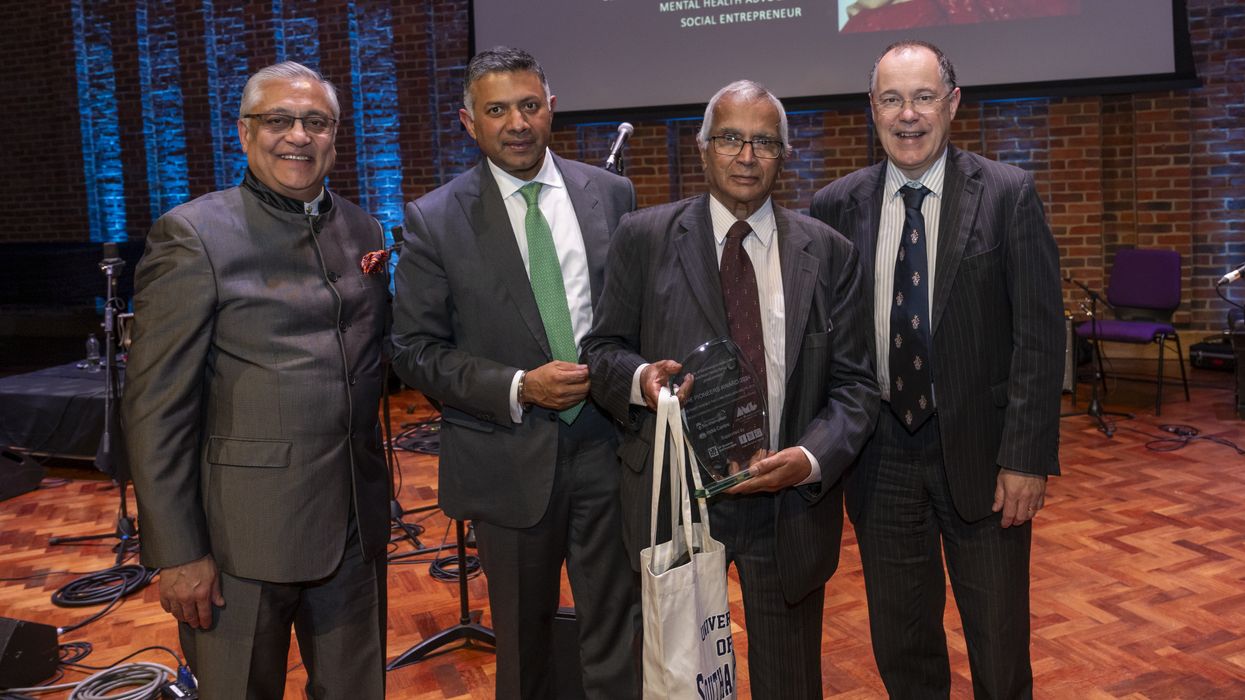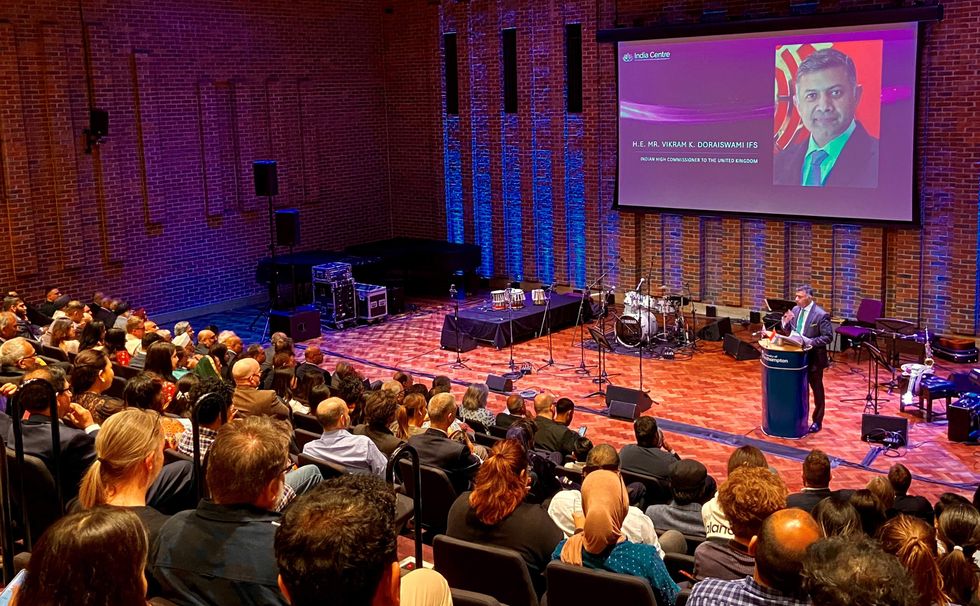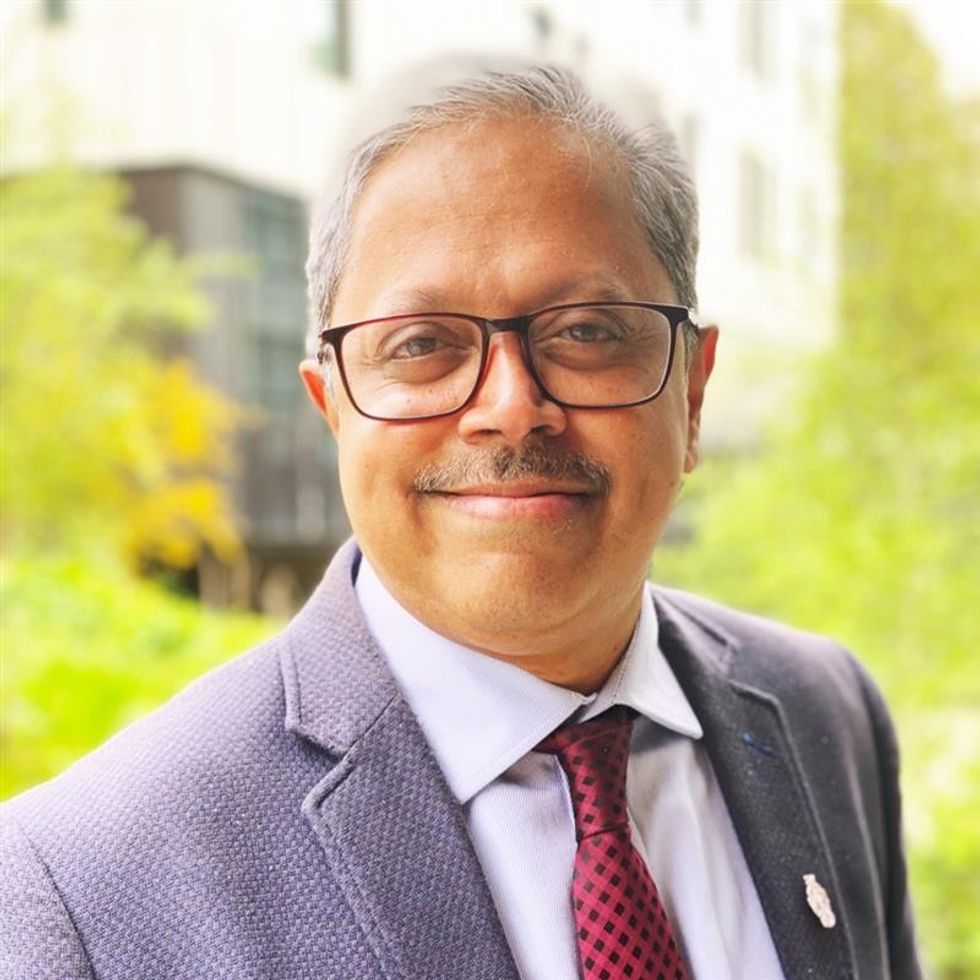NEW government figures published last month show that 47,000 Hong Kongers moved to the UK in the year to June 2023.
They arrived under the government’s British National (Overseas) visa programme, set up after Hong Kong’s National Security law restricted its citizens’ democratic freedoms.
In total, around 120,000 have arrived since January 2021. More are expected to come.
New research published by British Future finds that this group of new arrivals is different in some respects from those who have come before, including from south Asia. At the same time, they are facing some of the same challenges.
Many Hong Kongers have arrived as families, with almost three-quarters living with a husband, wife or partner and around half in households which include children. Around a quarter are expecting more family members to arrive. While leaving was hard for many, few expect that Hong Kong will revert to the democracy they would want to live in. Consequently, almost all – 99 per cent - intend to stay, planning to apply for settlement and, in time, for British citizenship.
BN(O) Hong Kongers are settling in locations across the UK. Like previous migrant groups, there are higher concentrations in London and the south east, where a third have settled. But north west England and the Midlands have also attracted a further four in 10 and others are scattered across the regions and nations of the UK.
There are few ‘pockets’ where a lot of Hong Kongers have chosen to live near each other, since many have no preference to live near others from their homeland.

Factors such as low crime, affordable housing, good public transport and access to a city and to jobs are most important: for parents, a top priority is access to good schools. They are also more likely to be living outside cities, with around half of BN(O) Hong Kongers settling in small towns or suburbs.
A very large majority (90 per cent) have made contact with local people where they live who are not Hong Kongers. Neighbours are top of the list of Hong Kongers’ social contacts. Otherwise, Hong Kongers meet local people through schools, churches, sports, hobbies, work and volunteering as well as in shops and parks.
Many Hong Kongers remark on the friendliness of local people, including neighbours. They value the contact they have with other migrants who have settled in Britain.
As two women living in Bristol and in Scotland explained: “After landing in Bristol, found the population here is diversified and vibrant, and people are inclusive so decided to stay here.”
“I have no preference of staying close with East Asians… I'd like to highlight my sense of security in having many Indian neighbours. Knowing they're key part of the community prior to my immigration gave me confidence of how open and welcoming the neighbourhood is”.
One of the biggest challenges for Hong Kongers has been in finding suitable work. And almost half of respondents who are in work said their job doesn’t match their skills and experience at all, or only a little.
Reasons include lack of confidence in spoken English, recognition of qualifications and experience and knowledge about the UK jobs market. Two-thirds said they would like careers advice: only a quarter have received any such help.
Hong Kongers have better access to support than many previous migrants, including from south Asia. In recognition of the barriers that Hong Kongers might face in settling into their new lives, the UK government created the Hong Kong (BNO) Welcome Programme.
Twelve regional and national Strategic Migration Partnerships and more than 50 national and local projects have been funded. These have undoubtedly made a difference to the experiences of new migrants. At the same time, some Hong Kongers are experiencing social isolation and are not always aware of the support available to them.
The survey findings highlight the need for proactive support to help new migrants settle and integrate. It also shows how migration can be a positive experience when new arrivals feel welcome.
But Hong Kongers also share many of the challenges faced by previous migrants, including from south Asia. If these are not addressed, it isn’t only migrants who lose out.
As south Asian migration to Britain shows, businesses, services, the economy and public all benefit from making the most of migrants’ skills and potential.




















 Doraiswami addresses guests at the event
Doraiswami addresses guests at the event
Hong Kong migrants face challenges despite support
Survey shows need for proactive backing in settling and integration